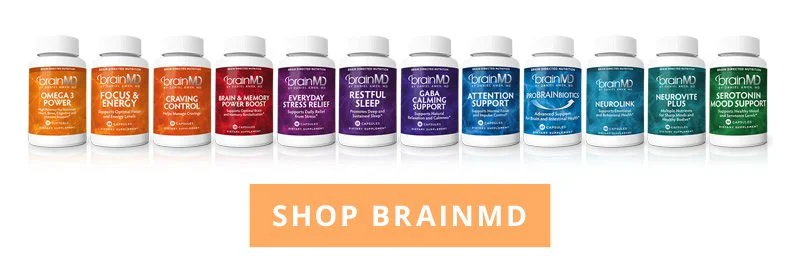Omega-3 and Omega-6: Know the Difference
Omega-3 and Omega-6 may sound similar because they are both essential fatty acids, meaning that your body needs them but cannot make them naturally. However, each type has different functions and effects. (All Omegas are not created equally!)
Omega-6 Fatty Acids Can Help Raise “Good” Cholesterol and More
Omega-6 fatty acids are commonly found in today’s modern diet because of its high concentration in popular foods:
- Vegetable oil
- Fast food items, such as French fries, popcorn chicken, onion rings
- Dairy and eggs
- Chicken, pork, beef
- Many baked items such as muffins, cookies, bread
Omega-6 helps lessen the risks of diabetic neuropathy, rheumatoid arthritis and even allergies. Interestingly, there has been a correlation between Omega-6 and decreased symptoms of ADHD. These polyunsaturated fats are often used to help lower the risk of heart disease by decreasing “bad” or LDL cholesterol, and increasing “good” or HDL cholesterol.
Because of our dependency on fast foods, most people actually have too much Omega-6 in their bodies. Too much Omega-6 can actually increase inflammation, which brings its own set of risks, and has also been linked to depression.
Benefits of Omega-3 Fatty Acids for Brain Health and Vision
Omega-3 fatty acids are found in a high concentration in fish, olive oil, garlic, and walnuts. Though these foods are common, people don’t eat them in the adequate quantities it would take to get beneficial levels and supplements are often recommended.
Omega-3 plays a crucial role in reducing inflammation, which, in turn, may reduce your risk of osteoporosis, some cancers, heart disease, asthma symptoms, and other conditions.
In addition to the prevention aspects, Omega-3 stimulates hair and skin growth, and because of how important it is during an infant’s development, pregnant women are encouraged to take it to prevent problems associated with vision.
When you consider the immense benefits that Omega-3’s unsaturated fats have on the body, it’s easy to see why they are recommended to nearly everybody for their preventative and medicinal qualities.
Some benefits are merely anecdotal and research based, such as their belief to protect against memory issues and conditions, such as Alzheimer’s and other dementia issues. Regardless, their proven benefits to decrease joint problems and heart disease make it worth adding to your supplement regimen.
Omega-3’s major health benefits come primarily from its long-chain fatty acids (EPA and DHA). In fact, DHA is the most prevalent fatty acid found in the brain and there’s a direct correlation between the volume of DHA in the brain and memory/intelligence.
We’ve all heard of fish being called “brain food” and DHA is the main reasoning behind that. DHA fatty acid is vital to the creation and maintenance of certain cellular parts of the brain and retina, making it essential for brain health.
As your body ages, your body makes less and less DHA, which is one of the reasons believed to be behind mental decline with age. It’s incredibly important that anyone looking to stay on top of their mental game incorporate Omega-3 into their health care regimen.
- Veterans Day: One Warrior Shares Some of the Best Ways to Heal from Trauma - November 2, 2023
- Could Your Mood Issues Be Linked to a Pain In the Neck? - October 13, 2023
- What’s At the Root of Your Sciatic Nerve Pain? - September 20, 2023





I’m curious about the following statement “As your body ages, your body makes less and less DHA”
The reason Omega 3 is considered an essential fatty acid is because the body cannot make it. It must be obtained from the diet (this is what is meant by essential in this context), because the body cannot make it. I find that very basic information hard to reconcile with the statement that I quoted above, which come from the last paragraph in the article.
Are you referring to the transformation of another form of Omega 3 to DHA?
Thank You!! so. i just read elsewhere – bulletproof dot com omega 3 v omega 6, that ALA omega 3 is converted to DHA by our bodies … but quite inefficiently. such that the aging statement here, if referencing this process, is marginal at best.